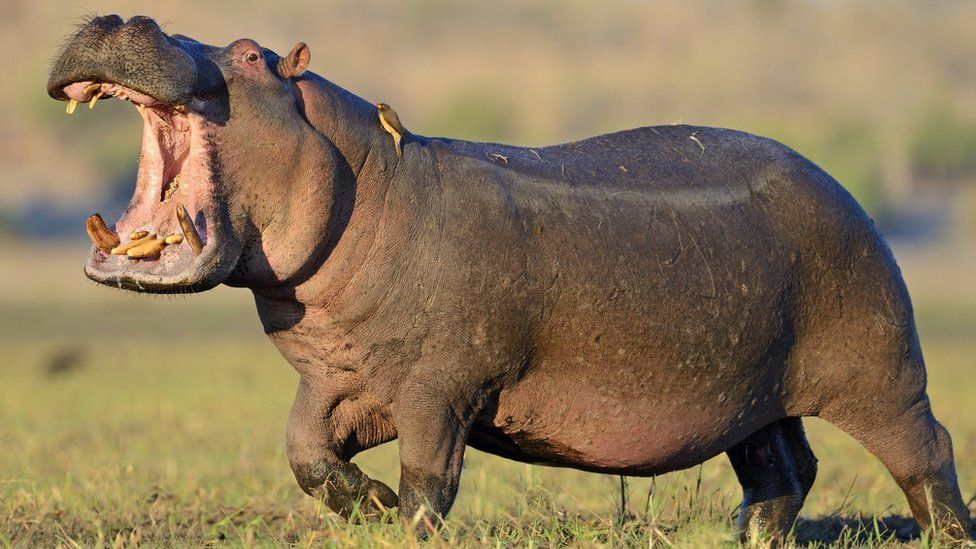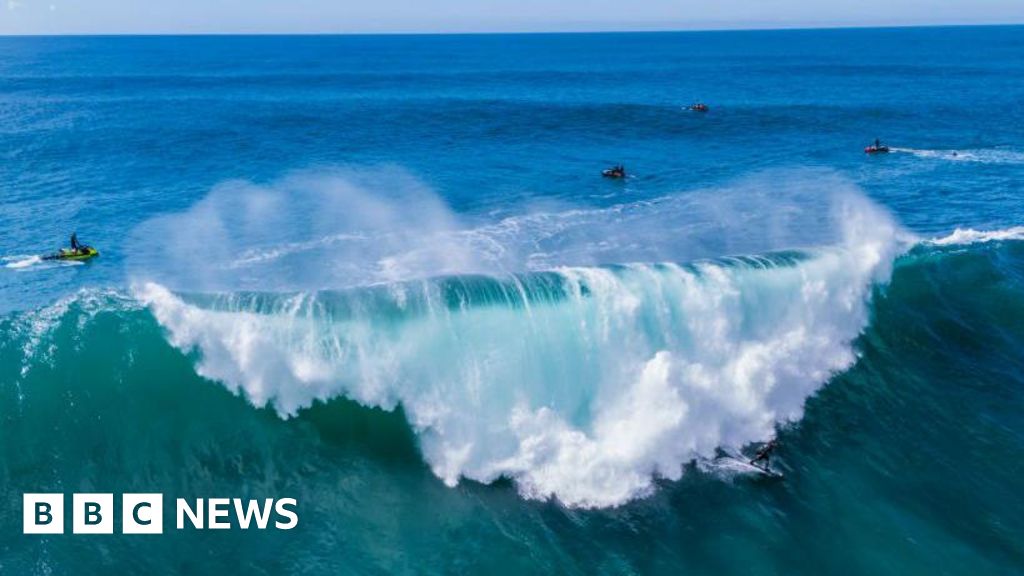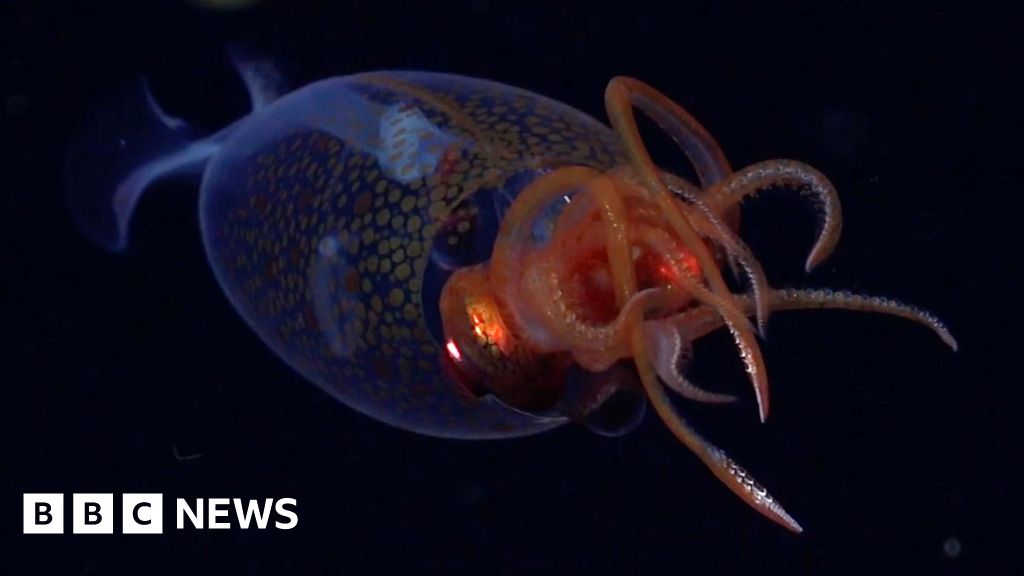ARTICLE AD BOX
 Image source, Getty Images
Image source, Getty Images
By Georgina Rannard
Climate and science reporter, BBC News
The sale of ivory from the tusks and teeth of five more species will be banned under government plans.
The import, export and dealing of elephant ivory was banned in the UK last year. The animals that could join the list are killer whales, hippos, walruses, narwhals, and sperm whales.
The creatures are hunted and killed for their ivory which is often used in decorative carvings.
The government plans to extend the Ivory Act 2018 to include them.
People found to be breaking the law can be given unlimited fines or be jailed for five years.
Parliament must vote on the extension of the Act before it can come into force.
The species set to be included in the ban are already at risk from climate change and habitat loss, and conservationists are concerned that poaching for ivory will drive them closer to extinction.
"The Ivory Act is one of the toughest bans of its kind in the world and by extending greater legal protections to five more species, we are sending a clear message the commercial trade of ivory is totally unacceptable," said Biodiversity Minister Trudy Harrison.
Hippos, killer whales and sperm whales are targeted for their teeth, while narwhals and walruses are hunted for their tusks.
An investigation in 2022 by conservation charity Born Free found 621 individual online ivory listings in the UK, with a total guide price of over £1.2m.
This was a significant decrease in the volume traded before restrictions were introduced, the charity said.
But last year wildlife campaigners also warned that the ban on elephant ivory trafficking had led to an increase in trade of hippo teeth.
In 2020 hippo teeth were among the mammal body parts most often seized in the EU, according to a European Commission report.
The International Fund for Animal Welfare welcomed the government's proposal.
"We welcome the Department for Environment, Food and Rural Affairs's decision to extend this powerful legislation, which will go a long way in cracking down on a damaging trade. Today is a good day for conservation and a step change towards international commitments to safeguard our natural world," said Frances Goodrum, Head of Campaigns and Programmes at IFAW UK.
The five species are listed in the Convention on International Trade in Endangered Species of Fauna and Flora (CITES), which regulates their trade internationally.
Hippopotamus, walrus and sperm whale are listed as vulnerable on the International Union for the Conservation of Nature (IUCN) red list.

 1 year ago
38
1 year ago
38








 English (US) ·
English (US) ·